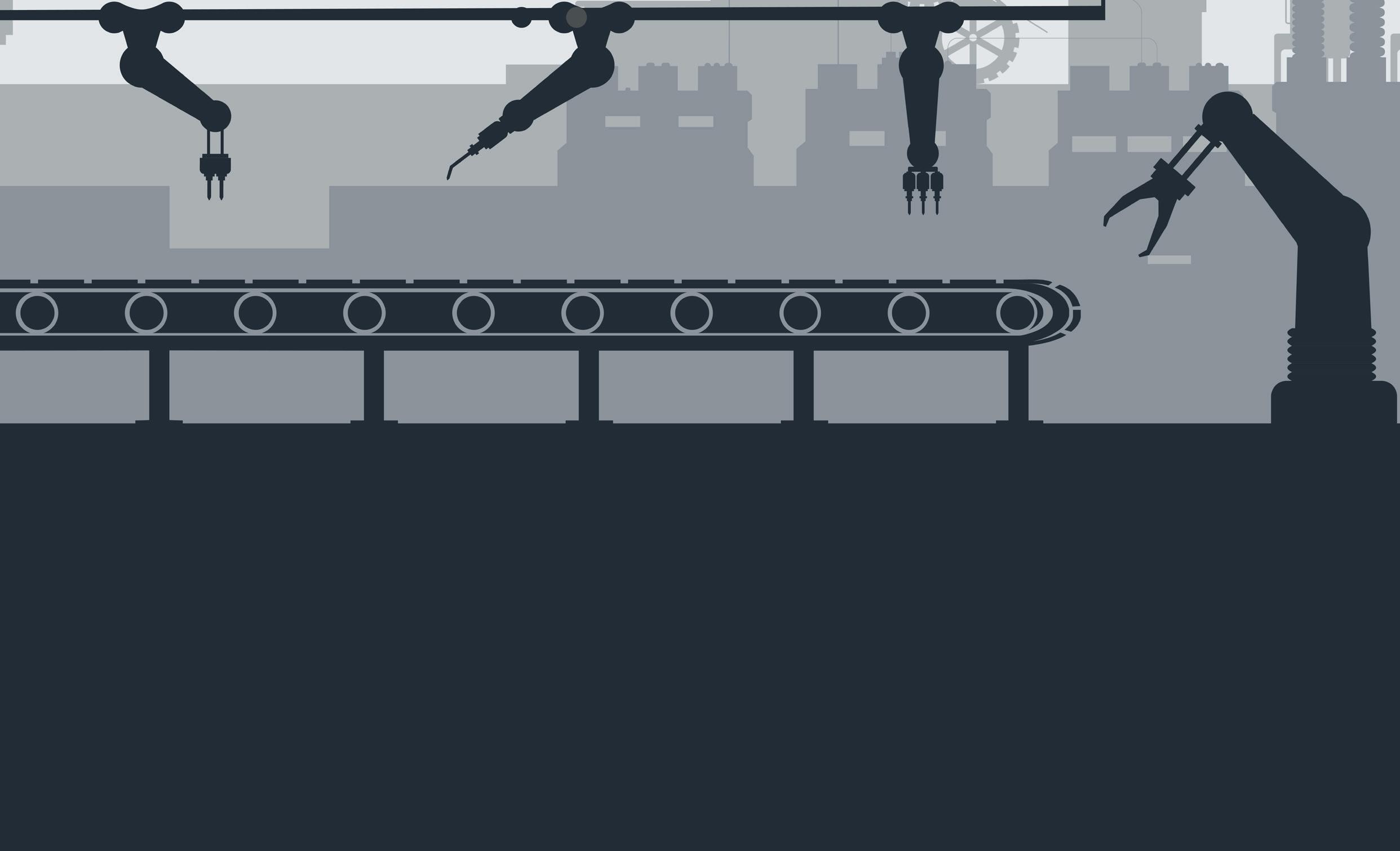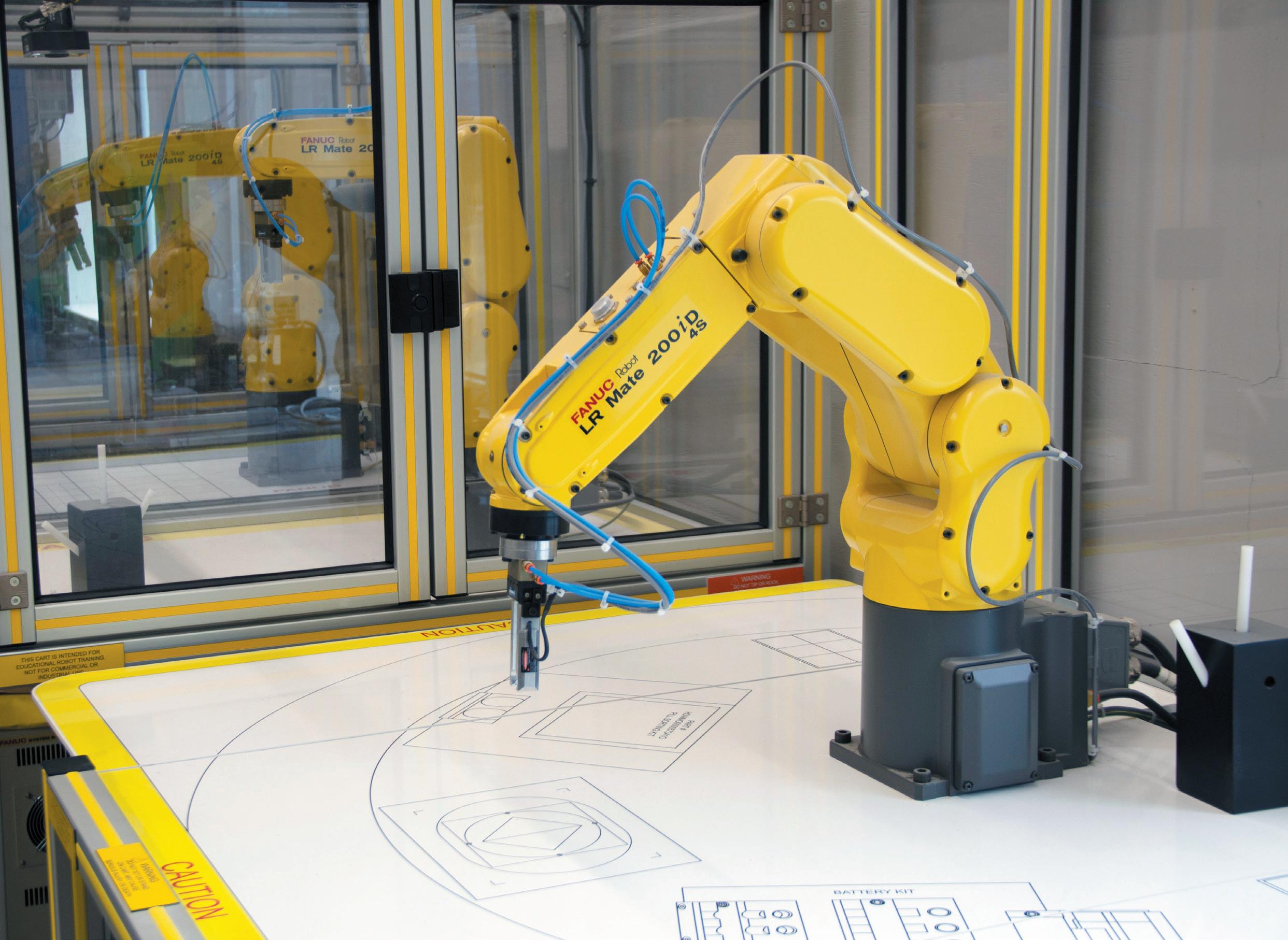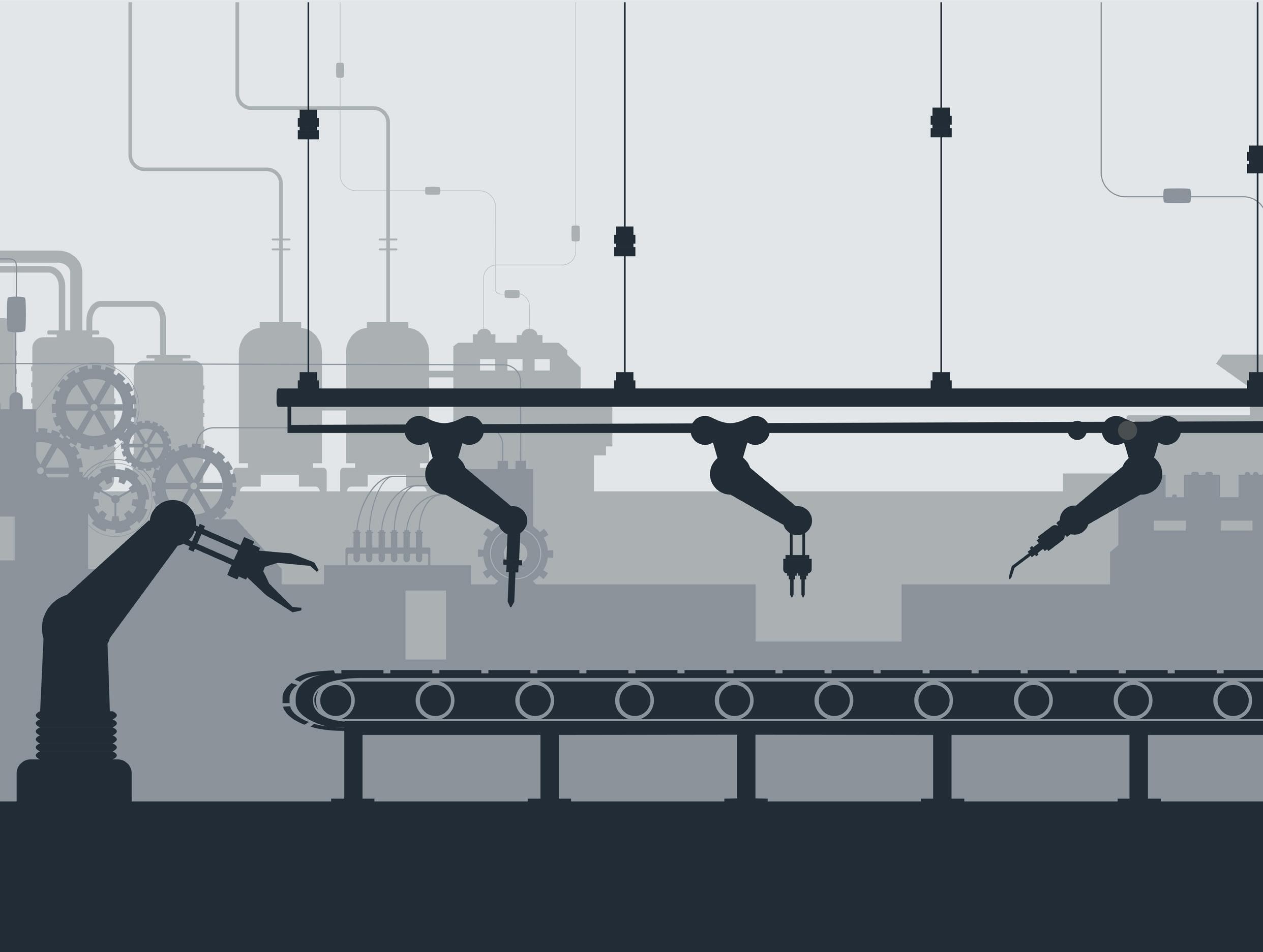
3 minute read
New course offerings train students in robotics
The workforce is everchanging. Many industries are moving toward robotics on their manufacturing lines.
But with new technology comes new problems. This means industries need reliable technicians and engineers to keep the automation systems working. Businesses are always looking for highly skilled employees with valuable skills that will help grow their business.
At Metropolitan Community College, programs are also changing to help keep students ahead of the curve with valuable skills.
Introduction to Robotics kicked off at MCC during the 2020 winter quarter. The class was added to the curriculum after noticing an increase in robotics in the industry, says associate dean of Industrial and Automotive Technology Scott Broady.
“Across the manufacturing industry in the four-county area, there has been in increasing number of companies that have added robotics to their automated manufacturing process,” Broady says. “These courses were developed and are part of the Electrical Mechanical Technology degree path to give students exposure to robotics.” robotics, including setup, operation, troubleshooting and programming. The class is held in the new Center for Advanced Manufacturing on the South Omaha Campus and is a major requirement for the Electrical Mechanical Technology certificate program. The lab is outfitted with all the equipment needed for students to master their skills.
“MCC has invested in FANUC robotic training arms. We have six in our electrical-mechanical lab,” Broady explains. “This is a very lab-intensive program.”
Led by instructors with experience in the field, students learn to successfully program, test, run and troubleshoot automation application programs, demonstrate robotic movement, execute basic robotic functions and operations, and more. They also learn basic health and safety guidelines for being around heavy machinery.
Outside of lab work, students are expected to complete some online curriculum work, a hybrid model that offers students textbook and lab time.
Following the introductory courses, students can continue on to Vision for Industrial Robotics. In this second course, the curriculum builds on what is learned helping students build their credits toward a degree and learn the skills needed to become an expert in the field.
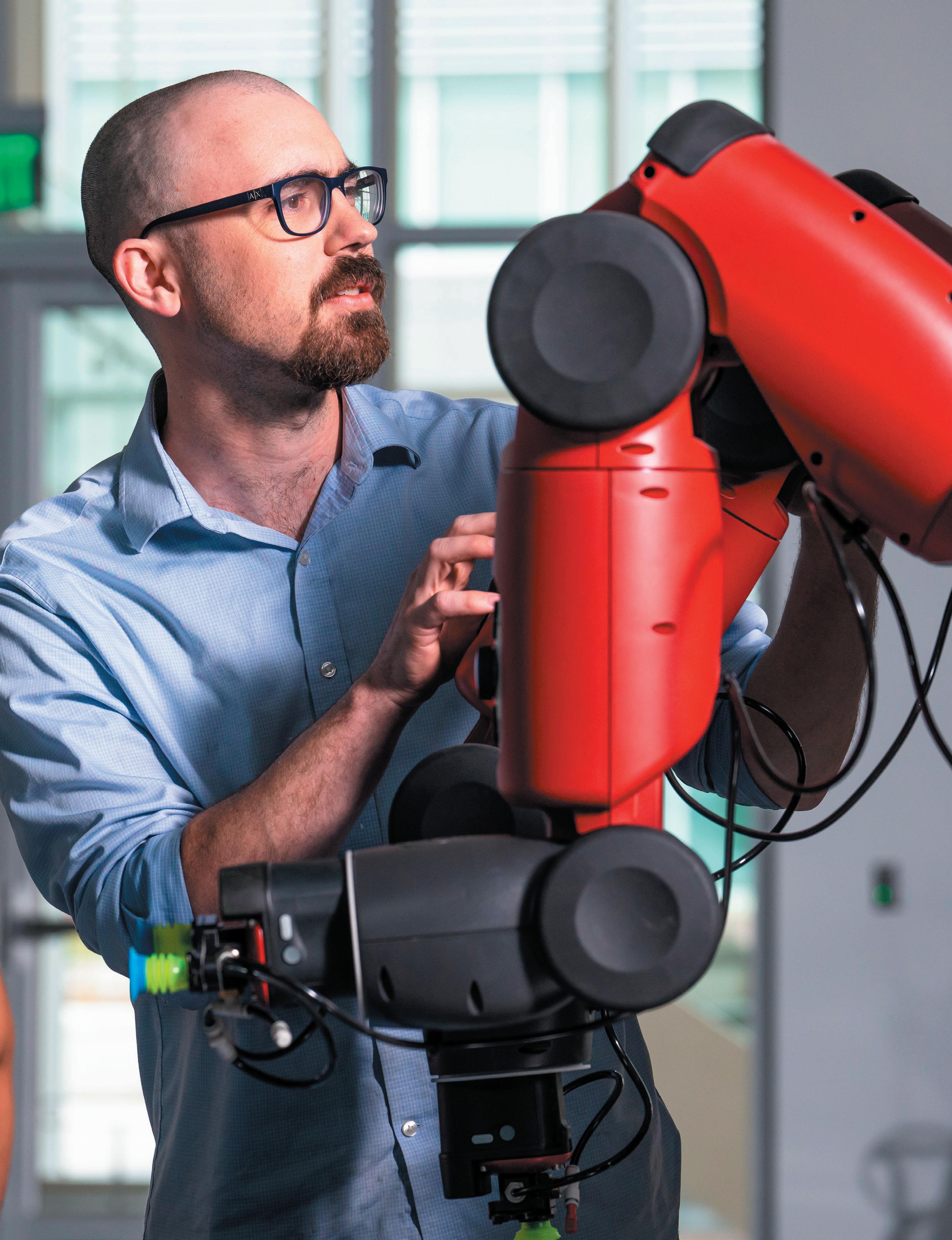
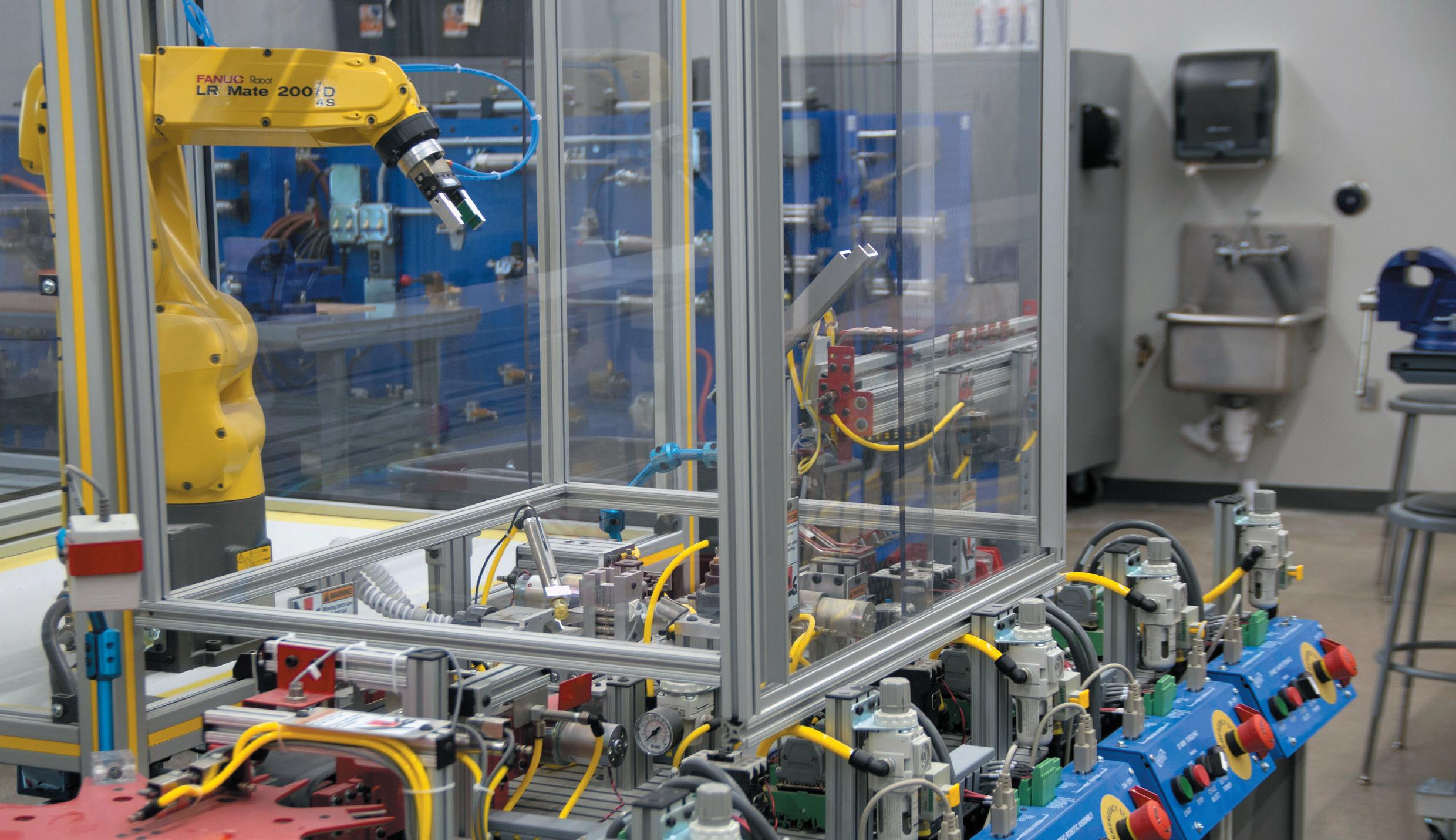
Students also have the option to become certified with FANUC America, a leading international supplier in robotics and factory automation. These third-party certifications show that students have an understanding of the FANUC robotics and Roboguide software. These certifications can focus on different areas of automation technology and are ideal for those just entering the electrical mechanical technology field because of their versatility.
If students enjoy working with different automation systems, critical thinking and problem-solving, this may be the career for them, Broady says. There will be jobs available for graduates, too, since the demand for workers with these skills continues to rise.
According to the U.S. Bureau of Labor Statistics, electro-mechanical technician jobs are expected to grow by three percent by 2029 and can have a median salary of $58,350. Technicians will work closely with electrical and mechanical engineers and have the option to work in many different industries, including aerospace, energy, plastics, computer and communications equipment, manufacturing and more.
Students graduating from the MCC Electrical Mechanical Technology program can do so with short-term career certificates in Beginning Industrial Sales Representative, Advanced Industrial Sales Representative, Building Maintenance or Logistics. Students can obtain entry-level jobs as mechanics, installers and repair representatives on assembly lines. They will be responsible for keeping automation and robotic equipment in top shape by regularly inspecting, troubleshooting, repairing, reading schematics and operating.
“We have a tremendous need in the electrical mechanical area,” he says. “There are maintenance technicians and robotic technicians in operating environments. That is one of the biggest needs.”
Broady says he wants students a step ahead so they can work for the College’s industry partners.
“The next step for all our industry partners is automation smart manufacturing, which is producing goods in a leaner, better way. That is what they’re being faced with and that is what we’re preparing our students for. We want to train our future workforce,” he says.
To learn more about the industrial and commercial trades at MCC, including the Electrical Mechanical Technology program, visit mccneb.edu/industrial or email cam@mccneb.edu.
